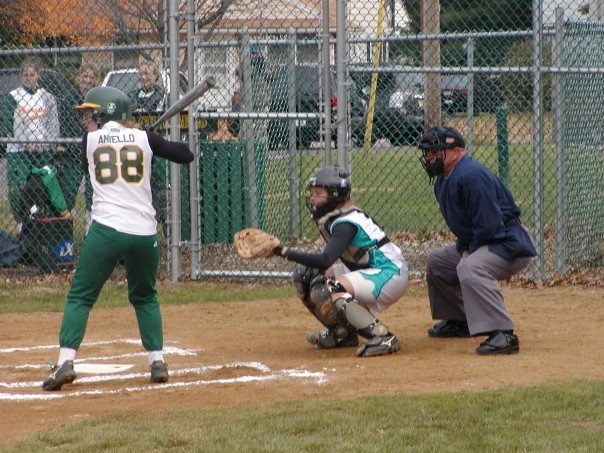I’ve been involved in fastpitch softball, either in a playing or coaching capacity, since I was eight years old. Thus, over the course of my life, I have seen and interacted with a pretty large number of softball players at all levels. It won’t come as any surprise when I say I’ve seen some pretty terrible throwing mechanics; you’ve probably all experienced the same thing. I have, however, noticed a curiosity: in a number of cases I’ve encountered, the most talented and athletic kid on a team has struggled more with her throwing than most of her teammates, displaying inconsistent accuracy, experiencing arm pain, or both. There are a few reasons why this might be the case. Personally, I believe coaches across softball, especially at the beginning levels, should place a much greater emphasis on teaching throwing and catching mechanics than they seem to do. Exposing very young players, even exceptionally talented ones, to competitive play without this foundation is doing a disservice to them and their futures as softball players. In addition to this, however, there is a factor that I believe comes into play in many cases. The average young girl’s hand is small, and a softball is big.
Read More
